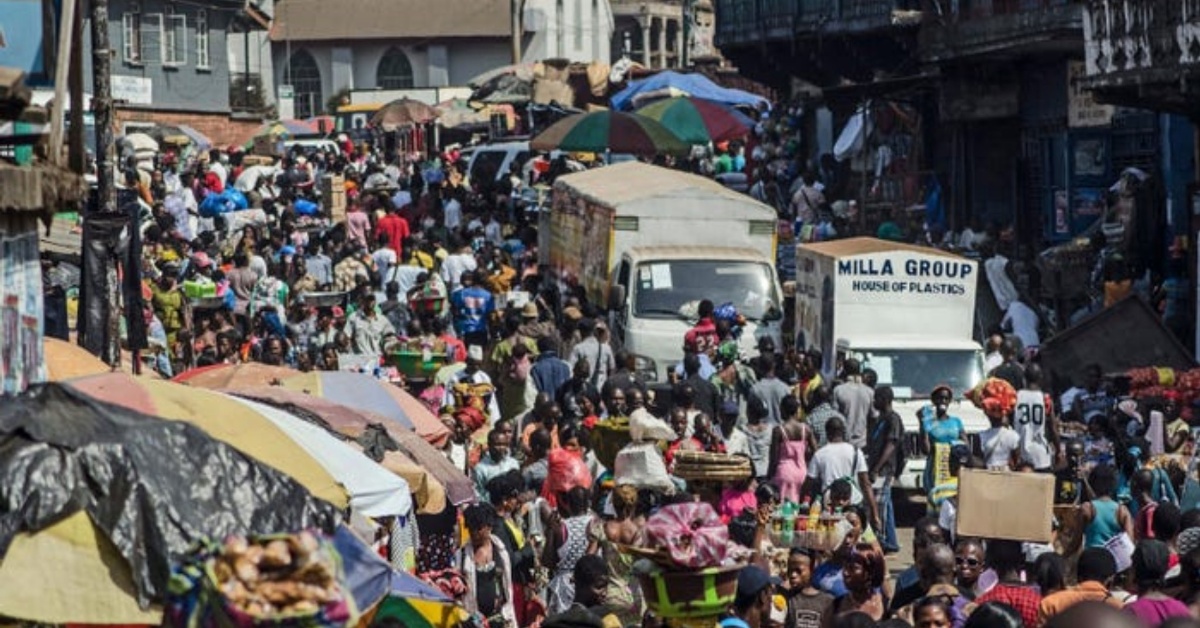Freetown City Council (FCC) has announced a ban on street trading in 23 designated streets within the municipality of Freetown. The ban, set to take effect on Monday, May 13, 2024, follows extensive consultations with relevant stakeholders and exhaustive sensitization efforts in collaboration with the Traders’ Council.
The public notice, issued on May 10, 2024, outlines the specific streets where street trading will no longer be permitted. Among the affected streets are prominent thoroughfares such as Siaka Stevens Street, Wellington Street, Waterloo Street (both big and small), Walpole Street, and Lamina Sankoh Street. The ban also extends to George Street, Gloucester Street, Charlotte Street, Sanders Street, and St. John Roundabout, among others.
According to the FCC, the decision to enforce the ban is part of broader efforts to streamline urban activities, improve traffic flow, and ensure pedestrian safety. Street trading, while a common practice in many urban centers, often contributes to congestion, obstructs sidewalks, and poses safety hazards to both traders and pedestrians. By designating specific areas where street trading is prohibited, the FCC aims to create a more conducive environment for commerce while maintaining orderliness in public spaces.
Among the streets affected by the ban, Circular Road will see restrictions extending up to Truscot Church, while Howe Street and Wilberforce Street (lower sections) are included in the list of prohibited areas. Lightfoot Boston Street will also be off-limits for street trading, except for the stretch between Pultney and Percival Street.
Other major roads affected by the ban include Wallace Johnson Street, Pademba Road, Wilkinson Road, Campbell Street, Hill Cot Road, Hill Station, and Jomo Kenyatta Road. The ban will also cover Congo Cross Main Road, effectively transforming these thoroughfares into zones free from informal street trading activities.
The announcement has generated mixed reactions among residents and traders. While some welcome the move as a necessary step toward improving urban aesthetics and safety, others express concerns about the potential impact on livelihoods, particularly for those whose businesses rely heavily on street vending.
To mitigate the impact of the ban, the FCC has pledged to provide alternative trading spaces and support initiatives aimed at formalizing informal economic activities. Additionally, the council has assured the public of robust enforcement measures to ensure compliance with the new regulations.
As the implementation date approaches, all stakeholders are urged to familiarize themselves with the designated streets where street trading will be prohibited and to cooperate with the FCC in maintaining order and safety in Freetown’s urban spaces.


 6 Comments
6 Comments









Comment(s)
Disclaimer: Comments expressed here do not reflect the opinions of Sierraloaded or any employee thereof.